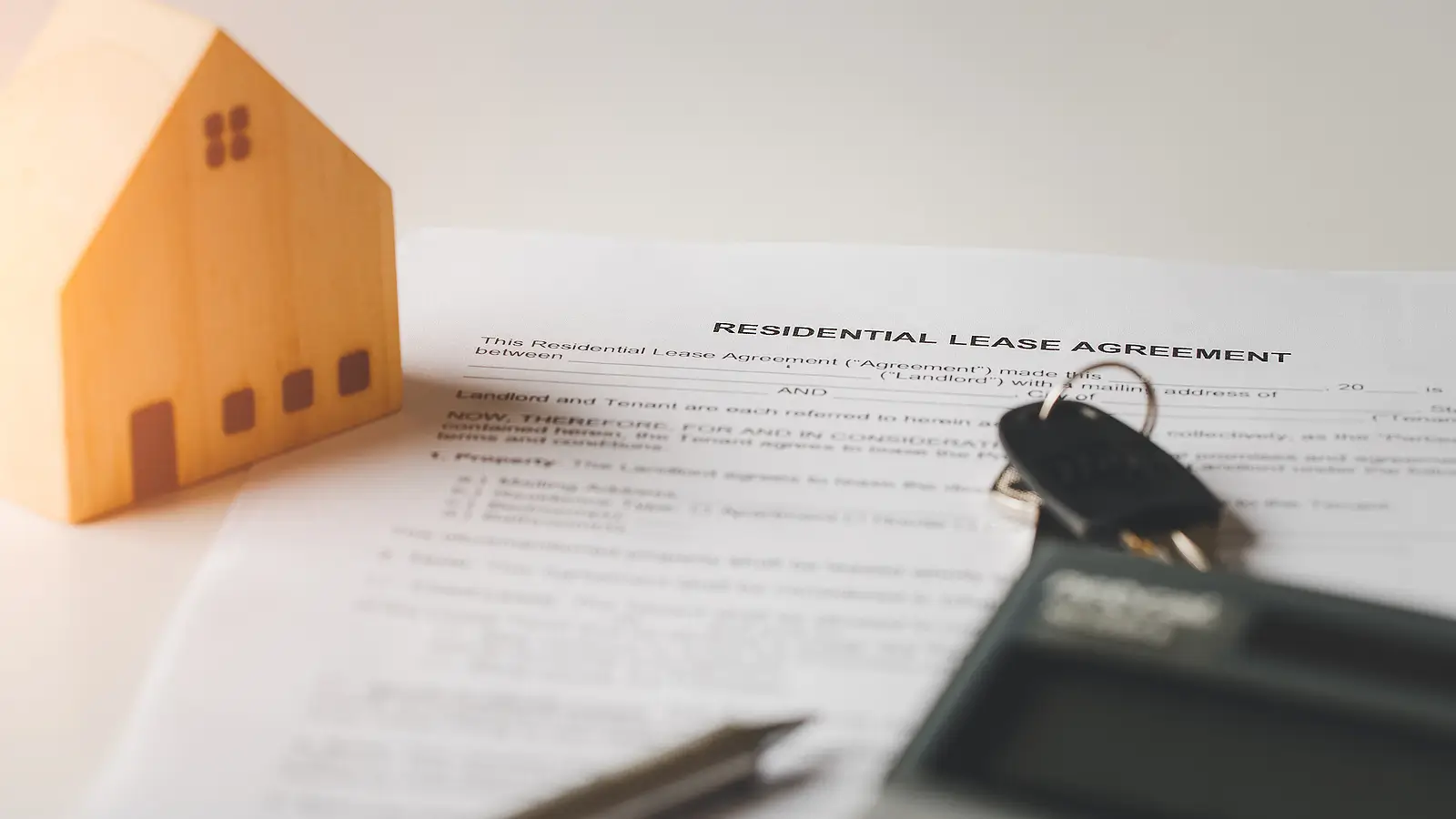Effective lease enforcement is the first step to maintaining a profitable and stress-free rental property. When done correctly, it protects your investment, keeps your tenants satisfied, and helps you avoid expensive disputes. If done incorrectly or not at all, you may be subject to lengthy eviction procedures, property damage, and unpaid rent.
Let's start with three essential lessons before moving on to lease enforcement tactics that won't cause you any hassles:
- Clarity is power. Clear lease agreements prevent misunderstandings before they happen.
- Prevention beats reaction. Regular inspections and open communication stop minor issues from becoming big problems.
- Professionalism matters. How you handle common violations sets the tone for your entire landlord-tenant relationship.
Why Lease Enforcement Is Non-Negotiable
A lease agreement serves as the cornerstone of your rental relationship and is more than just a piece of paper. By outlining everything from rent payments to the acceptable use of the rental unit, it establishes expectations for both the tenant and the property owner.
Common infractions, such as late rent payments, unapproved occupants, or even unlawful activity, can escalate when lease terms aren't followed. In addition to maintaining the property's condition, property managers who respond to these issues in a timely and equitable manner also maintain positive relationships with dependable tenants.
Ignoring infractions can have adverse effects on your bottom line, as well as lead to conflict with other tenants, legal action, and the eviction process.
Understanding Lease Agreements: Your First Line of Defense
Long before a tenant ever moves in, effective lease enforcement starts. A clear lease agreement is therefore necessary.
A strong lease should:
- Define rent due dates, late fees, and consequences for non-payment.
- Outline responsibilities for addressing maintenance issues and keeping the property in good condition.
- Specify rules about unauthorized pets, noise complaints, and permissible use of the space.
- Include clauses on proper notice before lease termination or eviction.
Leases are powerful tools for avoiding misunderstandings. They also ensure both landlord and tenant understand their rights when they follow landlord-tenant laws and HUD guidelines.
Spotting and Handling Common Lease Violations
Even with a rock-solid lease, the tenant may occasionally commit violations. These can range from minor issues like excessive noise to serious violations such as criminal activity or severe property damage.
The most frequent problems include:
- Unpaid rent or late rent payments
- Unauthorized occupants or unauthorized pets
- Property damage beyond normal wear
- Excessive noise or repeated noise complaints
- Illegal activities in the leased property
When a tenant fails to meet their obligations, act quickly:
- Document the violation. Include dates, photos, and witness statements if needed.
- Issue a warning letter. Be clear, factual, and reference the relevant section of the lease.
- Give proper notice. Follow state and local laws for notifying tenants.
- Offer a chance to fix the issue. In some cases, especially for minor problems, allowing tenants to correct their behavior can prevent escalation.
If the issue persists or involves a serious lease violation, you may need to start the eviction process.
Preventing Lease Violations Before They Happen
The non-occurring lease violation is the simplest to deal with. Prevention is the first step towards effective lease enforcement:
- Screen tenants carefully. Reliable tenants are less likely to create problems.
- Conduct regular inspections. Routine visits keep you informed about the property’s condition and catch minor problems before they grow.
- Communicate regularly, address maintenance issues, and remind tenants of lease terms.
- Address maintenance issues promptly. A well-kept rental property encourages tenants to care for it.
When tenants feel heard and respected, they’re less likely to break the lease—and more likely to pay rent on time.
Professional Communication: Your Secret Weapon
Whether you’re dealing with unpaid rent, an unauthorized pet, or excessive noise, how you communicate matters.
- Be timely. Contact tenants as soon as you notice a violation.
- Stay factual. Focus on the terms of the rental agreement, not personal feelings.
- Keep it professional. This isn’t just good manners; it’s smart protection if the situation ends in eviction proceedings or an eviction lawsuit.
- Use proper channels. Written notices, emails, or official letters ensure there’s a paper trail.
Staying Compliant with Local and Federal Laws
State laws, HUD regulations, and landlord-tenant laws must all be adhered to in any lease enforcement action. A simple eviction can become a costly legal action if mistakes are made here.
To stay compliant:
- Keep up with changes to local laws and state laws.
- Always give proper notice before taking steps like lease termination.
- Avoid discriminatory practices in line with fair housing laws.
- Work with experienced property management professionals who understand the regulations inside and out.
Final Thoughts: Making Lease Enforcement Stress-Free
Dealing with lease violations can be stressful, but it doesn't have to be. You can maintain your rental property without needless conflict by having clear lease agreements, conducting routine property inspections, and putting an emphasis on avoiding misunderstandings.
Professional lease enforcement ultimately safeguards your investment, encourages reputable tenants, and enhances your standing as a landlord. Working with a reputable property management company can help you avoid eviction hassles, rent collection issues, and never-ending follow-ups.
Round Table Property Management specializes in assisting Jacksonville property owners with efficient lease enforcement, maintaining the profitability of their units, and upholding favorable tenant relations. Contact us or explore our services now to safeguard your property hassle-free.
FAQs About Lease Enforcement
Q1: What should I do if a tenant refuses to pay rent?
If a tenant refuses to pay, follow the steps in your lease agreement and state laws. Issue a written notice, give them a chance to pay, and document every step. If non-payment continues, you may need to begin the eviction process.
Q2: How often should I conduct regular inspections?
Most property managers recommend regular inspections every 3 to 6 months. This helps identify maintenance issues early and ensures the property’s condition meets lease requirements.
Q3: Can I evict a tenant for having unauthorized pets?
Yes, if your lease prohibits pets and the tenant commits a serious lease violation by having them without permission. Be sure to follow proper notice procedures and local laws.
Q4: What’s the difference between minor and serious violations?
Minor issues include things like a single late rent payment or minor maintenance issues. Serious violations involve illegal activities, property damage, or ongoing non-compliance that threatens safety or property value.
Q5: How can property management help with lease enforcement?
Professional managers handle everything from rent collection to handling lease violations. They ensure compliance with landlord-tenant laws, manage eviction proceedings when necessary, and maintain clear and consistent communication with tenants.






